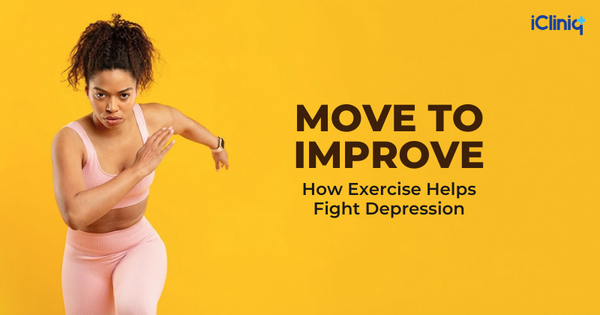The Importance of Getting a Second Opinion

Diagnosing and treating rare and life-threatening conditions like cancer is never straightforward. Different doctors might suggest different treatment plans for the same illness. This does not necessarily mean that one doctor is better than the other, or that one doctor is wrong. There are various treatment options available, and every doctor will choose the best treatment option depending on his or her experience and understanding. Some doctors prefer to be conservative with their approach, while others are more aggressive. So their suggestions and recommendations vary drastically. And depending on your expectations, you might find the suggestion of one doctor better than the other.
Most patients look for second opinions if they are diagnosed with cancer, or if they need surgery, or if the recommended treatment might alter their way of life. Getting a second opinion gives them peace of mind and confidence. But there are many misconceptions and fear about taking a second opinion. Many believe that they might offend their treating doctor if they consult someone else, which will negatively impact their care.
But in reality, most doctors encourage patients to get a second opinion, provided you have time to wait and start your treatment. By getting a second opinion, no matter how the treatment outcome was, you will be at peace, thinking that you did everything possible to ensure correct diagnosis and treatment. When you listen to what each doctor has to tell you about your health condition, you get educated and better informed about it, which helps in making an informed decision.
When to Get a Second Opinion?
You can get a second opinion without even having a reason to do so, but in the following cases, getting another opinion is the best thing to do:
- If the current treatment is not working and your symptoms are getting worse.
- If you have been diagnosed with a rare disease.
- When you have been diagnosed with a life-threatening condition.
- When the diagnosis is not clear.
- If you want to try an experimental treatment or drug trial.
- If cancer is inoperable.
- If treatment requires surgery.
- If the treatment plan is risky and can be fatal.
- If the tests suggested are invasive and expensive.
- If you for any reason for not trusting your doctor.
- If your medical insurance requires you to take a second opinion.
How Can a Second Opinion Benefit You?
The benefits are:
- You gain knowledge about your health condition and understand the various options.
- You become equipped to make a more informed decision.
- You become confident about the diagnosis.
- It makes you trust the treatment outcome.
How to Ask for a Second Opinion?
Once you decide to go for a second opinion, it is best to talk to your treating doctor or a specialist. You can also make use of online second-opinion platforms, such as iCliniq, to directly consult the relevant specialist. The benefits of using iCliniq are:
- We have experienced and professionally trained doctors in all medical specialties.
- You get to talk directly to a specialist, send him or her your reports, and get personalized treatment plans.
- You do not have to wait for months to get an appointment.
- It is cheaper.
What to Ask the Second Doctor?
You can ask if your diagnosis is correct, the treatment options, the cons of the suggested treatment plan, and the tests required.
Asking for a second opinion does not mean you are in denial, or you are being difficult, but it actually makes you smart and empowered. This is how you become an active part of your health care. Be confident and talk to your physician about getting a second opinion and get all the reports and files ready.





